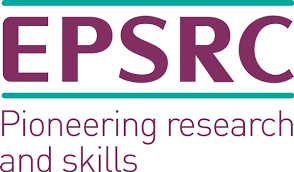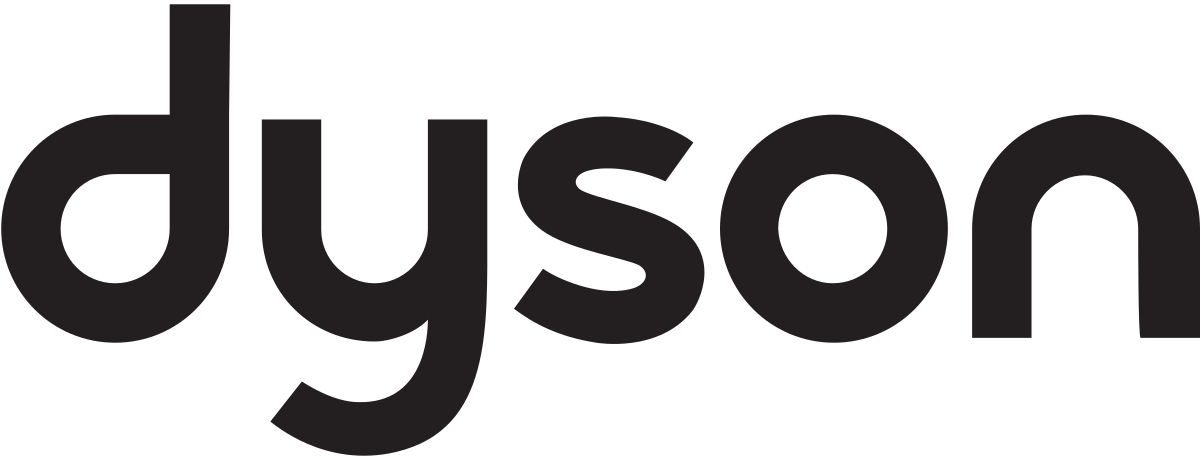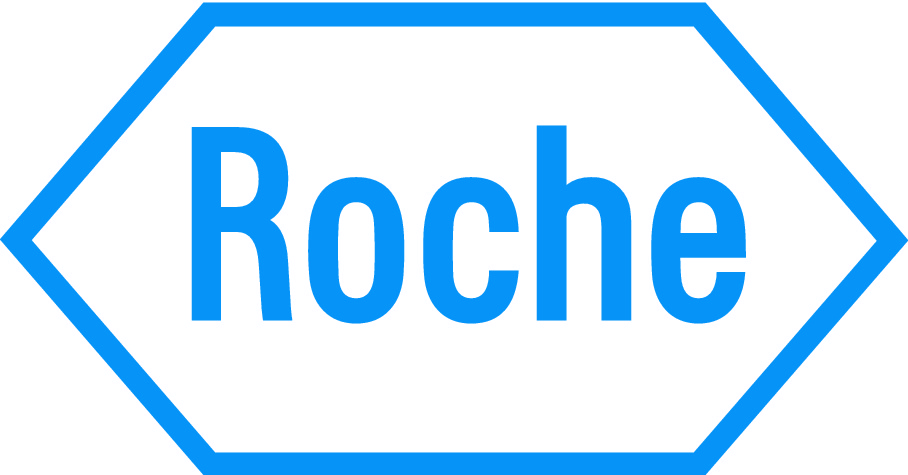SAMBa Conference 2019
Welcome and Information
Welcome to the third annual SAMBa Summer Conference, taking place on the 8th and 9th July, 2019.
This website will be updated with conference details (as they are confirmed) including speakers, abstracts, registration forms and the conference schedule.
The conference is hosted in the Mathematical Sciences department of the University of Bath.
University of Bath,
Claverton Down,
Bath BA2 7AY
View on map >>>
Travel information for getting to the university can be found on the University of Bath website, on this page. Additionally, a map of the campus and surrounding area is available through this link. You can also contact the conference team using the information in the contacts section.

The SAMBa conference is an opportunity for students to showcase their current (or future) work to members of the department, outside the department and at other Universities in a supportive environment. The work of SAMBa students covers the entire spectrum of statistical applied mathematics: including projects in statistics, probability, analysis, numerical analysis, mathematical biology, fluid dynamics, machine learning and high performance computing. The conference is organised by students and contains talks by SAMBa students, external speakers, and students from other departments and institutions.
Registration
Registration for the conference is now closed. Anyone who wishes to register should email one of the conference organisers as soon as possible, using the contact details at the bottom of this page.
Conference participants are expected to follow the code of conduct, available here.
Schedule
Below is the schedule for the conference.
The list of speakers can be found below the timetable, along with talk titles and abstracts when they come available.
Each block of talks is nominally linked by a broad theme, which are given to provide some idea of the focus of that session. See the list of speakers for full details on what will be presented in each session.
| Time | Monday (8th July) | Tuesday (9th July) |
|---|---|---|
| 9:30 |
Arrivals and Registration
4W Level 1 Atrium |
Probability
4W Wolfson Lecture Theatre Chair: Trishen Gunaratnam Speakers: Tyler Helmuth Tom Finn Kevin Olding Paolo Grazieschi |
| 9:45 | ||
| 10:00 |
Welcome Talk
4W Wolfson Lecture Theatre |
|
| 10:15 |
Applied Mathematics
4W Wolfson Lecture Theatre Chair: Will Graham Speakers: Carlos Antonio Galeano Ríos Cameron Smith Allen Hart Yvonne Krumbeck |
|
| 10:30 | ||
| 10:45 | ||
| 11:00 | ||
| 11:15 | ||
| 11:30 |
Coffee
4W Level 1 Atrium |
|
| 11:45 | ||
| 12:00 |
Sponsored by Novartis
Research Motivated by Industrial Problems
4W Wolfson Lecture Theatre Chair: Tom Finn Speakers: Adwaye Rambojun Kate Powers Daniel Burrows |
|
| 12:15 |
Conference Photo
(Weather dependent location) |
|
| 12:30 |
Lunch
4W Level 1 Atrium |
|
| 12:45 | ||
| 13:00 | ||
| 13:15 | ||
| 13:30 |
Statistics
4W Wolfson Lecture Theatre Chair: Lizzi Pitt Speakers: Tim Paulden Tom Smith Nadeen Khaleel Robbie Peck |
Lunch
4W Level 1 Atrium |
| 13:45 | ||
| 14:00 | ||
| 14:15 | ||
| 14:30 |
This session is supported by SIAM
Numerical Analysis
4W Wolfson Lecture Theatre Chair: Shaunagh Downing Speakers: Catherine Powell Owen Pembery Jack Betteridge Hayley Wragg |
|
| 14:45 | ||
| 15:00 | ||
| 15:15 | ||
| 15:30 |
Coffee
4W Level 1 Atrium |
|
| 15:45 | ||
| 16:00 |
Lightning Talks
4W Wolfson Lecture Theatre Chair: Jack Betteridge Cohort 5 will each have 3 minutes to present the research they will be undertaking over the summer, or research they have done at an ITT. The full list of speakers for this session is included in the PDF of all speakers, available below. |
|
| 16:15 | ||
| 16:30 |
Close
4W Wolfson Lecture Theatre |
|
| 16:45 |
Poster Session
4W Level 1 Atrium |
|
| 17:00 | ||
| 17:15 | ||
| (Evening) | Conference Meal :: See details below. |
Conference Meal (Monday, 19:15)
There will be an evening meal held on Monday 8th July, at 19:15. The venue will be Las Iguanas in Bath town centre; you can view the menu here.
All conference attendees are welcome, however we are unable to cover the costs of an individual's meal, so it will be at personal expense. If you are interested in coming please indicate as such when you complete the registration form; and once you have made your food choice complete the seperate evening meal pre-order form to confirm your order, which is available on the registration form page.
- The deadline for pre-ordering is Wednesday 19th June - we regret that we are unable to add any further orders.
- If you are attending the meal, please contact Will Graham (email) to discuss payment options.
- Please ensure that you pay before 12:00, Friday 5th July.
We are grateful to
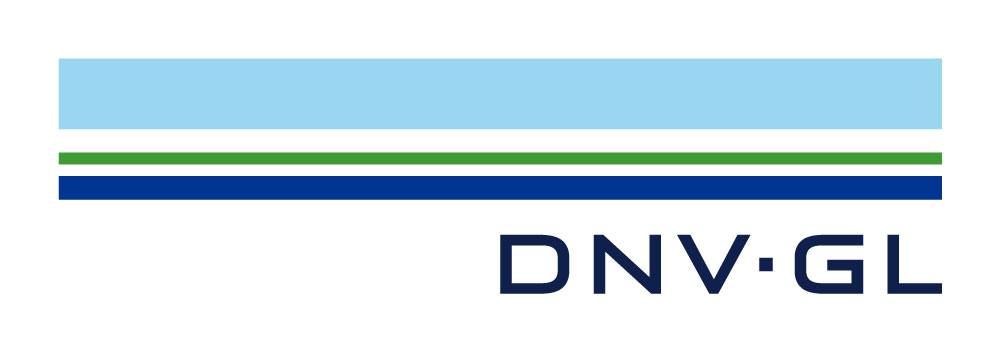 for supporting the conference dinner.
for supporting the conference dinner.
Speakers
This section lists the confirmed speakers, and their titles and abstracts as they become available.
- A file with the full list of speakers, along with their titles and abstracts is available here. This file will be updated as titles and abstracts become available.
Tyler Helmuth (University of Bristol)
Title: Approximate sampling algorithms in statistical mechanics.
Abstract: Sampling from high-dimensional probability distributions is an important task. A simple example of this task is to sample a random independent set of a graph. I’ll use this example, known in statistical mechanics terminology as the hard-core model, to introduce and discuss efficient approximate sampling algorithms. In particular I will describe the existence of a computational phase transition for this problem, as well as some recent progress on approximate sampling in the dense phase.
Catherine Powell (University of Manchester)
Title: Surrogate-accelerated Bayesian inversion for the determination of the thermal conductivity of a material.
Abstract: Determining the thermal properties of a material is an important task in many scientific and engineering applications. Indeed, how a material behaves when subjected to high or fluctuating temperatures can be critical to the safety and longevity of a system's essential components. The laser flash experiment is a well-established technique for indirectly measuring the thermal diffusivity of a material. In a controlled experiment, a laser is fired at a sample of the material from below, and the temperature is measured on the opposite surface over a period of time.
In this talk, we pose the problem of determining the thermal conductivity of a material, using temperature data obtained via the laser flash experiment, as a Bayesian inverse problem. The laser intensity is also treated as uncertain. Adopting a Bayesian approach allows for prior beliefs about uncertain model inputs to be conditioned on experimental data to determine a posterior distribution, but probing this distribution using sampling techniques such as Markov chain Monte Carlo (MCMC) methods can be incredibly computationally intensive (or simply infeasible). This is especially true for forward models consisting of time-dependent partial differential equations (as in the laser flash experiment).
To accelerate MCMC sampling, we introduce a parametric surrogate model that takes the form of a stochastic Galerkin finite element approximation and show how it can be used to sample efficiently from an approximate posterior distribution. This approach gives access not only to the sought-after estimate of the thermal conductivity, and hence, diffusivity, but also important information for uncertainty quantification. Computational savings of orders of magnitude are achieved over standard MCMC sampling.
This is joint work with James Rynn and Simon Cotter from the University of Manchester and Louise Wright from the National Physical Laboratory (NPL).
Tim Paulden (ATASS Sports)
Title: Become a SCAM artist! State-of-the-art modelling in one line of R.
Abstract: In this talk, Dr Tim Paulden will introduce the classic tennis modelling challenge of converting world rankings into win probabilities, and demonstrate that a relatively new technique called SCAM (shape-constrained additive modelling) can “automatically” generate competitive predictions that respect the problem’s monotonicity constraints. Several higher-level modelling concepts will also be discussed, including effective methods of model assessment and the perils of overfitting. The talk will begin from first principles – no previous knowledge of modelling is assumed!
Carlos Antonio Galeano Ríos (University of Bath)
Title: Walking droplets: A wave-mediated non-linear non-smooth dynamical system with remarkable emergent properties.
Abstract: In 2005, Yves Couder discovered that a millimetric droplet bouncing on the free surface of a vertically oscillating bath displays a robust droplet-wave association. The droplet does not merge with the underlying bath, yielding a system that resembles a ball bouncing on a trampoline. These bouncing droplets can become unstable to lateral perturbations, impacting the bath surface at a different point each time they bounce, i.e. they start to “walk” along the surface. Each droplet impact triggers new surface waves and, in turn, the shape of the surface influences subsequent bounces. Moreover, waves are reflected of boundaries and generated by neighbouring bouncing droplets. Consequently, droplets move in response to a wave field that was created by their past trajectory and is influenced by the surrounding environment. The resulting system is formed by a collection of wave-guided wave sources, which gives rise to elaborate dynamic configurations and unique emerging properties, some of which have analogies to quantum-scale phenomena. In this talk, we will describe the key elements in the system, introduce mathematical models that capture their behaviour and conclude with an experimental demonstration.
Student Speakers
For the full list of speakers, including SAMBa student speakers, and their titles and abstracts please see this file.
Prizes
There will be two prizes available to student presenters at the conference, for best talk and best poster. Students are automatically eligible for these prizes based on their contribution to the conference, those whom are both speaking and presenting a poster are eligible for both prizes. The judging pannel will be composed of three people for each prize.
- Catherine Powell (Reader, University of Manchester)
- Trishen Gunaratnam (SAMBa PhD Student, 2017/18 cohort)
- Rob Harper (Moogsoft)
- Paul Milewski (Professor, University of Bath)
- Ruth Voisey (Dyson)
- Rob Harper (Moogsoft)
We are grateful to
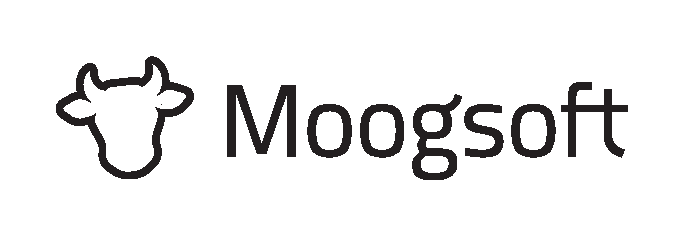 for providing sponsorship for these prizes.
for providing sponsorship for these prizes.
Contacts
The SAMBa conference is organised by 5 SAMBa students. If you are interested in attending, giving at talk, or have any questions you can contact the team at this email address.
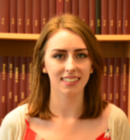
Shaunagh Downing
SAMBa cohort 4
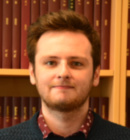
Tom Finn
SAMBa cohort 4
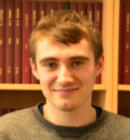
Will Graham
SAMBa cohort 4
PhD Title
Asymptotic and numerical analysis of wave propagation in photonic fibres with a thin-structure cladding.
Contact
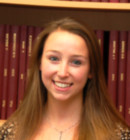
Lizzi Pitt
SAMBa cohort 3
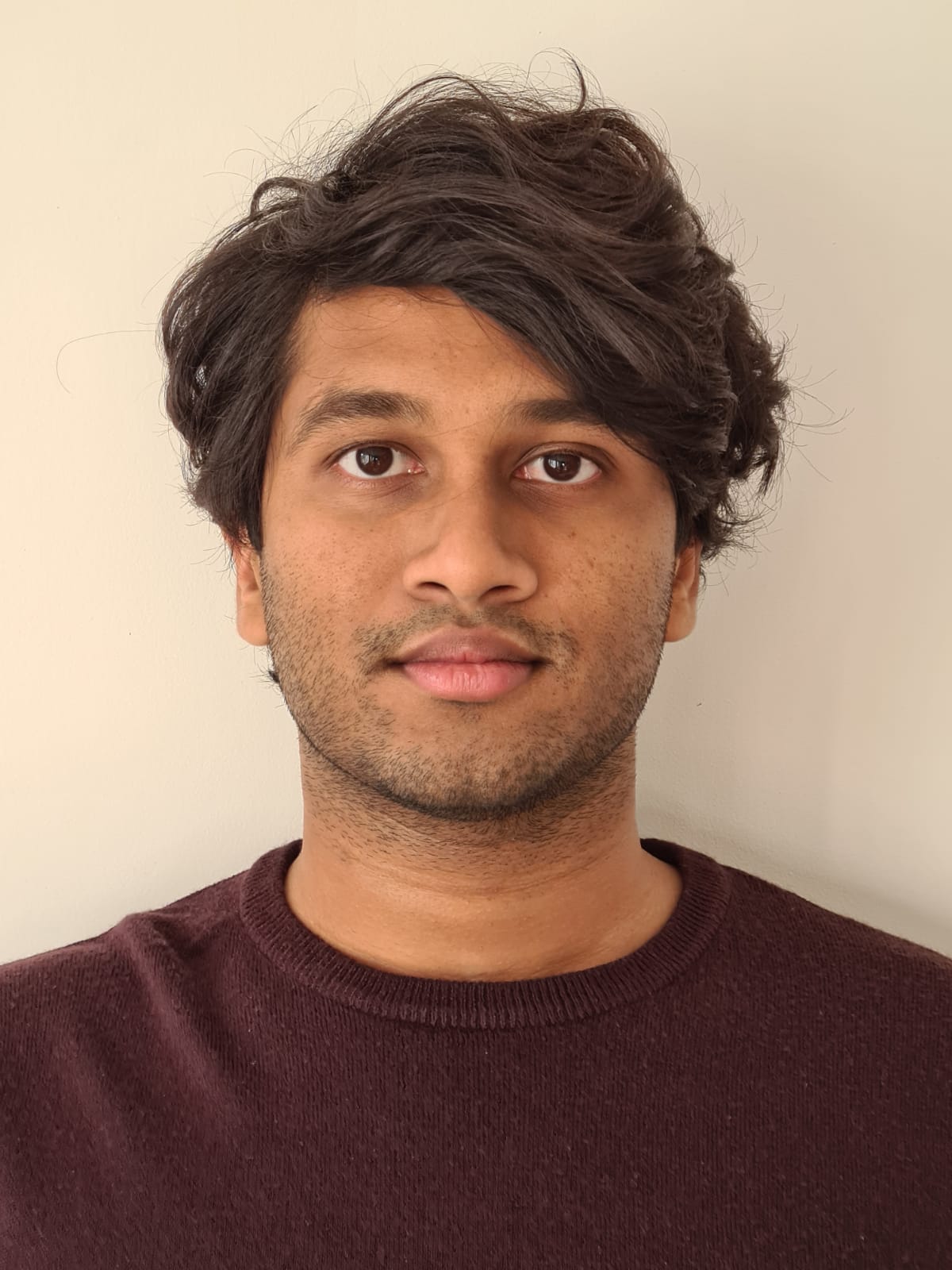
Trishen Gunaratnam
SAMBa cohort 4
PhD Title
Topics in Singular Stochastic Partial Differential Equations

